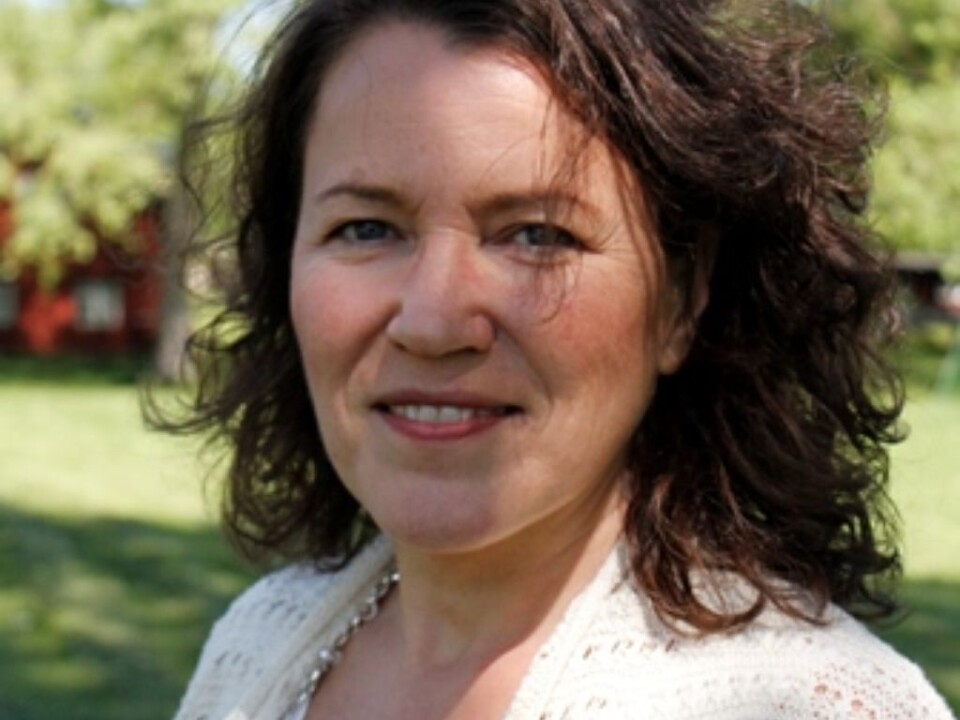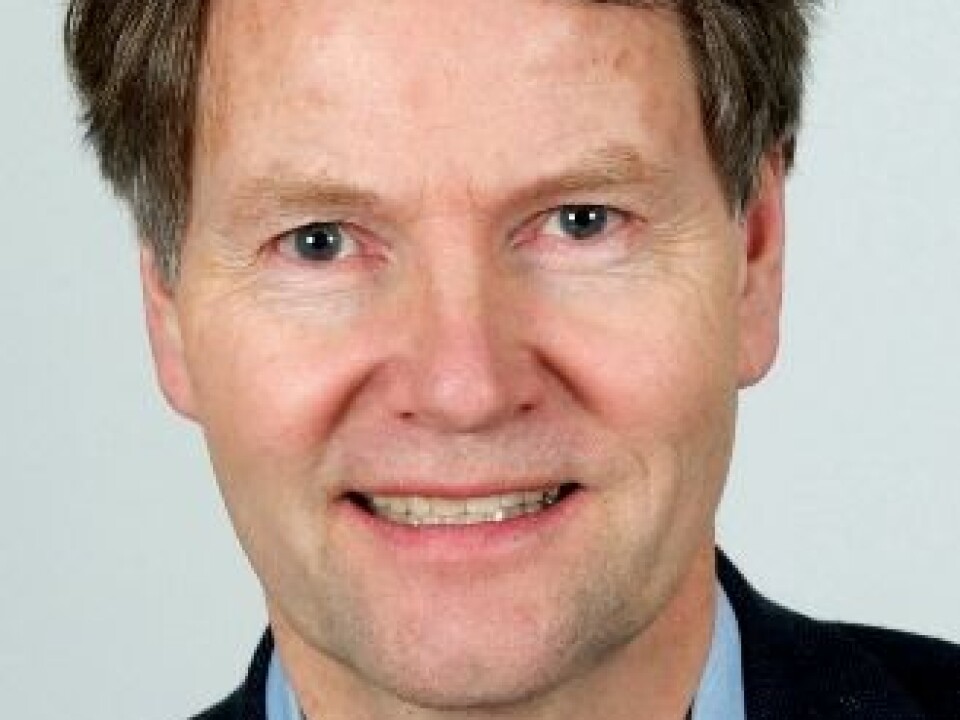
Efficient meetings can prevent conflicts at work
Managers should distinguish between meetings for daily operations and meetings for development.
The way meetings are conducted says a lot about how efficient a company is. A new Swedish study says companies need to have two different perspectives on meetings for maximum efficiency.
Managers should keep meetings that deal with daily operations separate from meetings for criticism and suggestions for change. This can avoid frustration and lost productivity, according to a study conducted as part of Annika Engström’s PhD in education at Linköping University in Sweden.
A development dimension
Engström studied the interactions in different work groups at a small manufacturing company. She looked for effects on learning, communication and efficiency.
"Efficiency is more than just economic performance. I have considered the concept and believe it must include a development dimension. The organization should learn something from its meetings," she says.
Daily operations

Organizations need to hold different meetings for different tasks if they want employees to interact productively, the study shows.
One sort of meeting should focus on daily operations, or doing the work and delivering the best product. A separate forum should be used for development – changing, transforming and grappling with the basic problems in the business.
"If you don’t distinguish between these two, one process disrupts the other," Engström says.
Meetings about execution should be kept solution-oriented, with firm leadership and communication ensuring that tasks are performed in an efficient manner.

"It’s all about making sure that the production line is running smoothly. It’s not the proper forum for critical approaches and questions," says Engström.
Problems and ideas
Criticism should be aired in separate meetings on development. There should be room for the discussion of fundamental issues. Employees should be encouraged to ask questions, suggest ideas and propose new ways of doing things.
"These meetings should be problem-oriented, where managers encourage communication that ensures integration of ideas," she said.
Tango or waltz
Previous research supports these findings, says Henning Bang, an associate professor in the Department of Psychology at the University of Oslo.
"Managers must make it clear to everyone what kind of dance they have been invited to. If it is a tango, it is important that employees don’t begin to waltz," he explains.
The reason is that the rules for daily operations and for processes of change are very different.
Unless managers are clear on the topic, conflict and frustrations may be the result.
Managers are very keen to get things done, and criticism slows things down, according to Bang. He has written a PhD thesis and a book on communication and efficiency in management teams.
However, Bang feels that Engström’s conclusions are dramatic, and he is not aware of previous research showing that these issues must be separated quite so clearly.
Learning is important
Bang confirms that Engström’s broad definition of efficiency is well known from previous research.
"It is now fairly established that corporate efficiency should not be measured only in terms of profit. It is important that employees learn, for future operation and for better relations between employees," he says.
Bang says that leaders are mostly concerned with changing operations, but all too often, they fall into the trap of deciding what to change without involving employees.
"It’s important to invite people to meetings where everyone is encouraged to provide input. If your employees aren’t involved, they can get the feeling that things are stuffed down their throats," he says.
Conflict – a force for development
"Disagreement and conflicts that come to the surface should be seen as a force for development. If this force is not managed, it can disrupt daily operations," Engström says.
People ask questions and want to change things, and that is a good thing. If managers can be brave enough to capture simmering criticism, they can encourage participation and efficiency.
However, many people find it difficult to manage conflicts, co-operation problems and dissatisfaction in the workplace.
"I believe in training when it comes to handling emotions and communication. It can be compared to the way a football team practices different strategies for coping with different situations," Engström says.
------------
Read the Norwegian version of this article at forskning.no
Translated by: Lars Nygaard
































